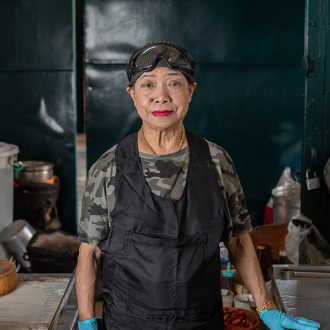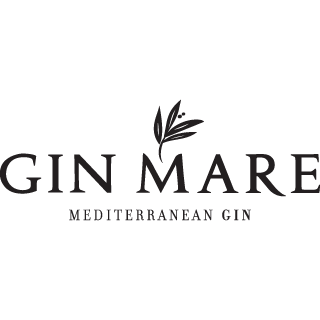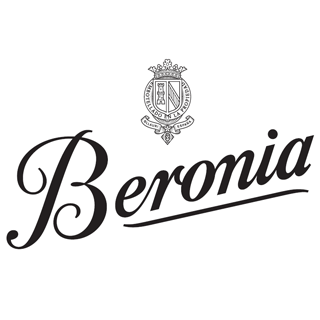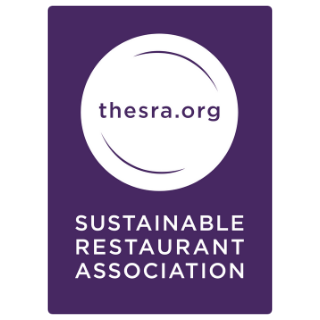Icon Award 2022
Jeong Kwan
Baekyangsa Temple
The Buddhist nun spreading the gospel of Korean temple cuisine
Jeong Kwan isn’t your standard chef by any stretch of the imagination. The director of Chunjinam Hermitage at Baekyangsa Temple, located on the edge of Naejangsan National Park, she has been honing her culinary skills within the realm of Korean temple cuisine for over 40 years – but she has never owned a restaurant, or even worked in one. Yet, her gastronomic influence is felt not only in dozens of restaurants in South Korea, but also as far away as New York, USA.
A cooking style developed over the centuries at Buddhist monasteries across the country, Korean temple cuisine aims to feed the body while promoting a calm and static state of mind. According to Buddhist principles, it features no meat, fish or dairy products, shunning any harm being done to sentient beings. Within these principles, Jeong Kwan has developed a unique style admired by people across the Asian continent and beyond, showcasing innate creativity, technical skills and a deep respect for seasonal ingredients.
When she joined Baekyangsa Temple at only 17, Jeong Kwan began honing her culinary skills in the temple’s kitchen, cooking for her fellow seunims (Korean Buddhist nuns and monks) and the occasional visitor to the monastery. Cooking soon became the nun’s religious practice, a way to embody and share Buddhist principles and to honour nature and the Earth in the process.
Growing nearly all the produce in her own garden in accordance to fully sustainable and seasonal values, the nun begins her religious practice by pouring her heart and soul into cultivating each ingredient, then cooking it – part of a cycle that will be completed when the people eating the final dish receive the positive thoughts and feelings that the products absorbed.
Striving to use every part of the ingredient and to “become one” with it, Jeong Kwan avoids garlic, onions, scallions, chives and leeks in her recipes, too much of which could prevent a monk’s spirit from achieving a state of calmness. Flavouring her food instead with salt, soy sauce and paste, and chilli paste – all made by hand at the temple – she transforms simple vegetables into delicate, impeccably crafted dishes: roasted rice soup with pine mushrooms, apple and tomato kimchi, seasoned gourd and mung bean pancakes.
After fellow Buddhist and chef Eric Ripert of famed restaurant Le Bernardin visited Baekyangsa Temple, he invited Jeong Kwan to cook in New York for a group of selected guests in 2015. The event captured the attention of the city’s foodies, with the nun’s profile further rising on the international stage when Netflix dedicated her an episode of its award-winning series, Chef’s Table, published in 2017.
Through her incredible life, Jeong Kwan has earned the respect of the world’s most celebrated chefs, from Noma’s René Redzepi to compatriot Mingoo Kang of Mingles. Within her modest kitchen at the hermitage, visitors are educated on the alchemy of traditional Korean cooking and the Buddhist principles that underpin authentic temple food. Her deep passion for flavours and innovative cuisine place her in the vanguard of visionary chefs, with the Icon Award now further substantiating her legendary status in the industry.
To discover more about Jeong Kwan, read the article on 50 Best Stories and watch the video:
The Icon Award is voted for by the 300-plus members of the Asia’s 50 Best Restaurants Academy and honours culinary icons who have made an outstanding contribution to the restaurant industry.
Contact
Cheonjinam 1239-1, Baegyang-ro, Bukha-myeon, Jangseong-gun, Jeollanam-do, South Korea
Visit Jeong Kwan's Website Visit Jeong Kwan on InstagramPrevious Winners
Discover more about the previous award winners













